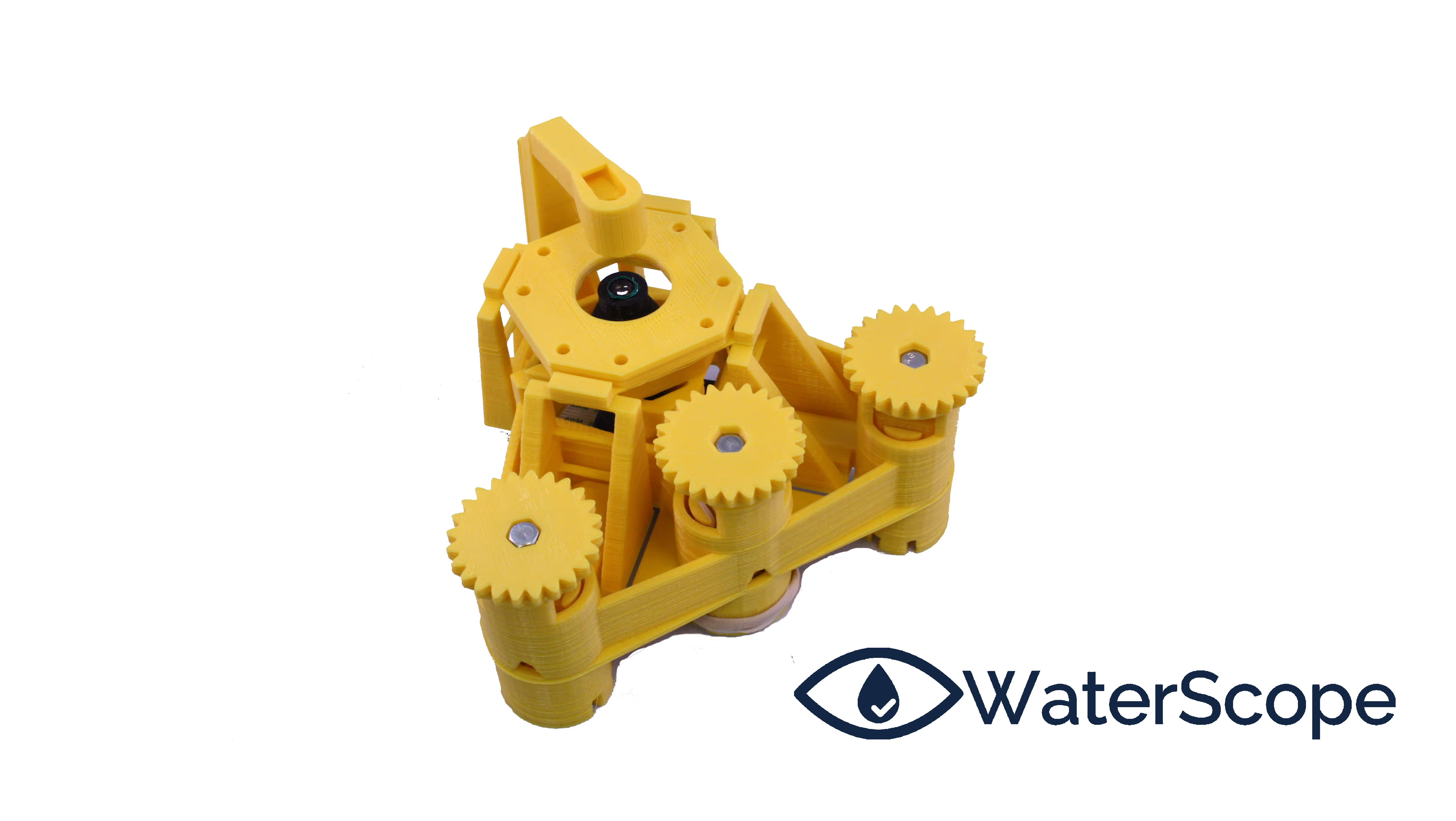Final Report: Climate Adaptive Farming in Drought Prone Areas

Indonesia Disaster Risk Index in 2013, issued by BNPB (National Disaster Management Agency), classified Gunungkidul District in a multi-hazard zone with drought amongst the highest causes of disaster. However, current agriculture practices in the area indicate that farmers plant rice varieties for high productivity value which is not drought-tolerant. The condition is exacerbated by shifts in the seasonal farming calendar, irregular precipitation patterns which cause explosions of weeds, crop pests and plant diseases, and depleted water sources. These constitute to crop failures and shortage of locally-grown seed supply. Thus, it is necessary to develop drought-tolerant seeds for propagation, establish a production network and improve farmers’ organisational capacity.YAKKUM Emergency Unit (YEU) is introducing climate adaptive agriculture to 8 communities in Gunungkidul District to accelerate the adoption of resilience farming with necessary agriculture infrastructure, climate-related agriculture network and improved seeds propagation capacity against impacts of extreme climate events.The final project report provides information on the methodology, activities, outputs, impact and dissemination of learning.